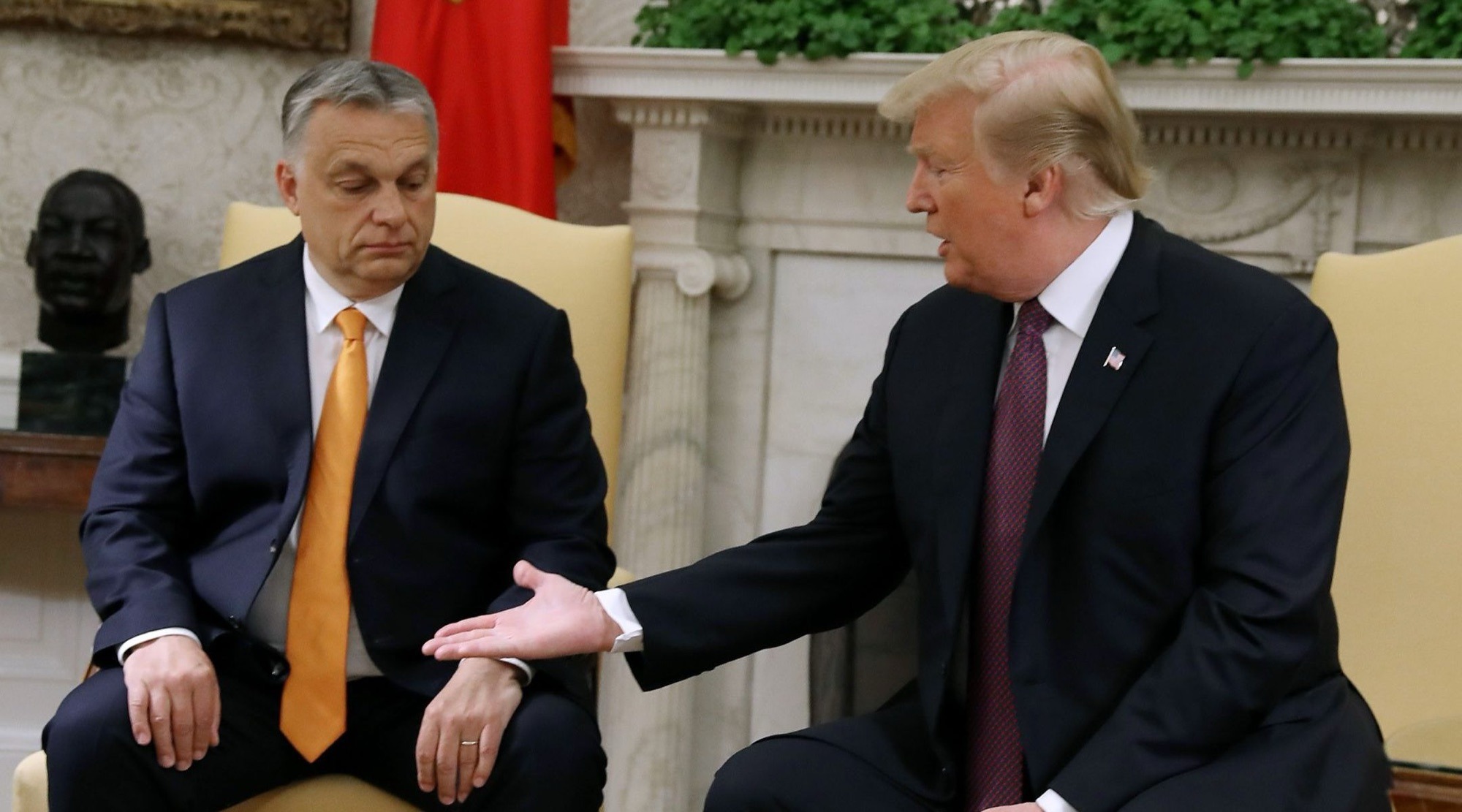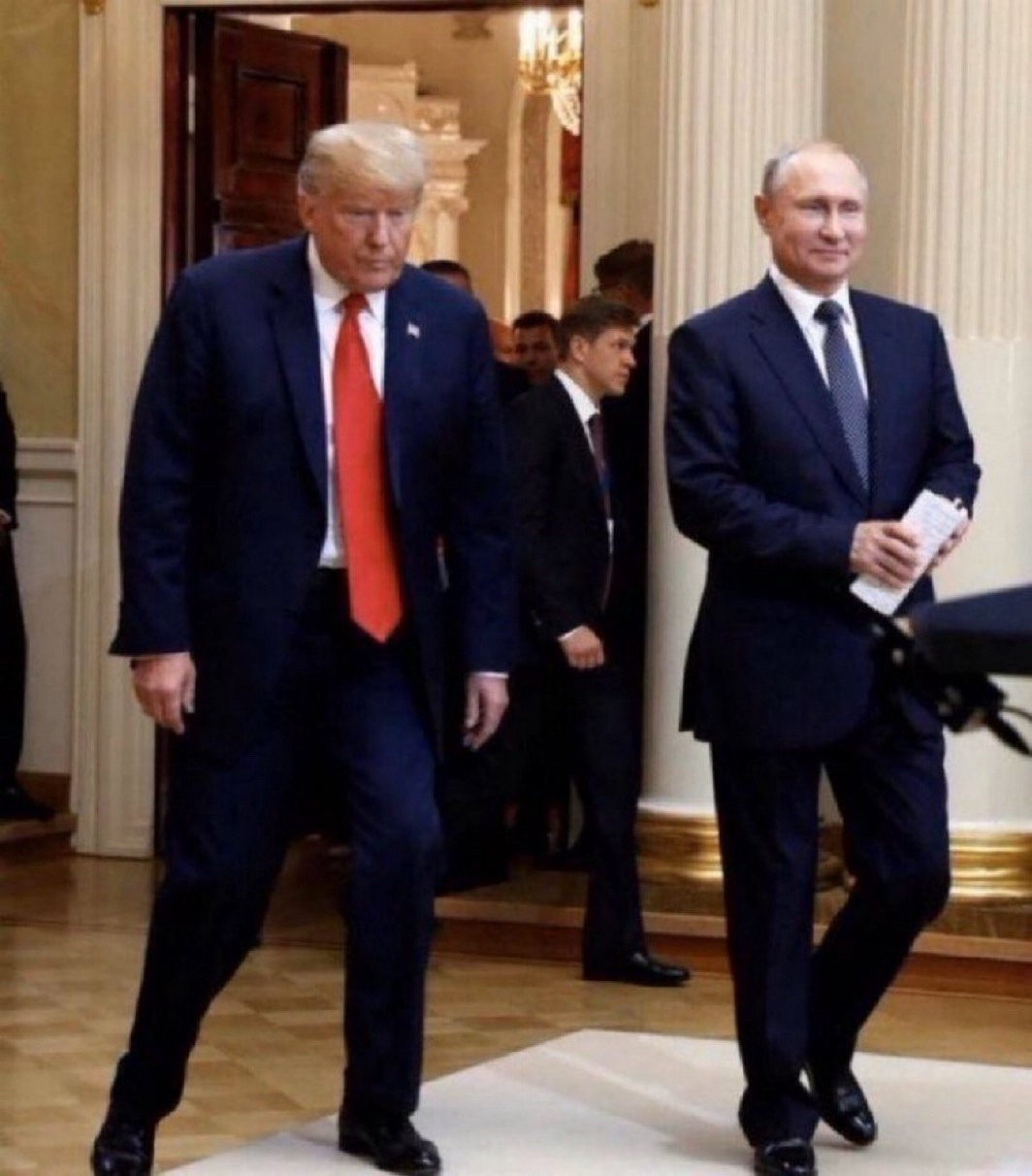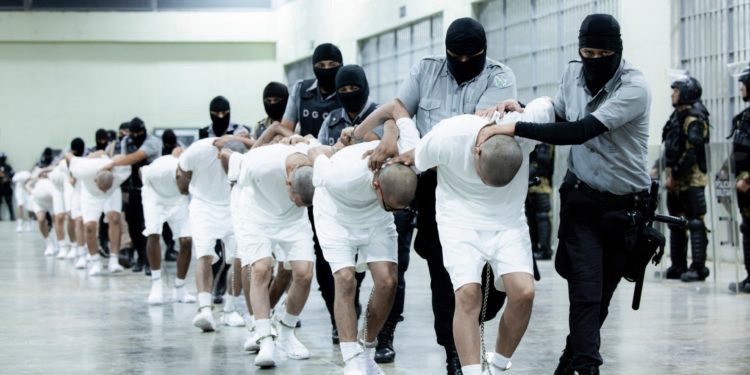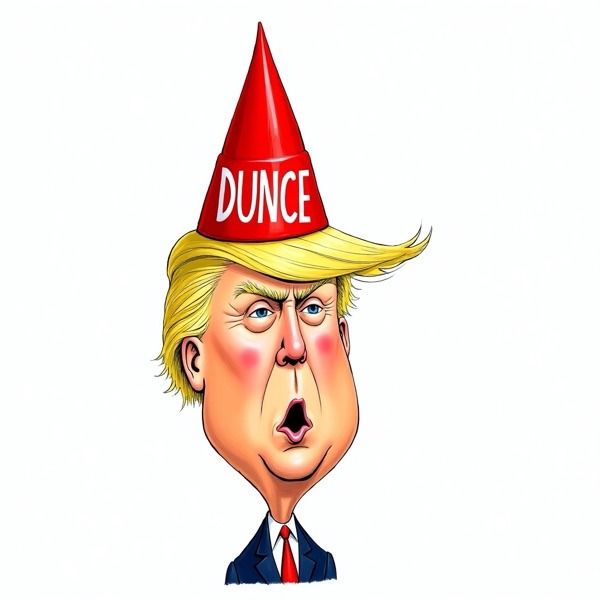The Oval Office has long been a symbol of American strength, diplomacy, and global leadership. It is where presidents have met with world leaders to forge alliances, debate policies, and uphold the values that define the United States. Yet, in recent days, it has also been the stage for an alarming display of deference to an authoritarian leader, sending a message that contradicts the nation’s commitment to democracy. While some in the U.S. have been quick to criticize Ukrainian President Volodymyr Zelensky’s visits to Washington, the real insult to American principles came from another guest—one whose regime represents the very opposite of what the U.S. claims to stand for.
During his visit to Washington, Hungarian Prime Minister Viktor Orbán was received in the Oval Office, an honor typically reserved for America’s closest allies. This meeting, however, was not a routine diplomatic engagement. Orbán, who has spent years eroding democracy in Hungary, silencing independent media, and cozying up to both Russia and China, was given a platform that lent legitimacy to his autocratic rule. In doing so, the U.S. president sent a troubling message: that America is willing to overlook democratic backsliding and human rights abuses when it suits certain political interests.
Orbán’s presence in the White House is particularly disturbing given his repeated efforts to undermine European unity and his reluctance to support Ukraine in its fight for survival. He has maintained close ties with Russian President Vladimir Putin, refusing to fully back NATO’s support for Ukraine, and has obstructed European Union efforts to provide aid to Kyiv. His visit to Washington raises serious concerns about whether the U.S. is willing to prioritize strongman politics over democratic values at a time when global democracy is already under siege.
This stands in stark contrast to how some American politicians and commentators have treated Zelensky, a leader who has fought to preserve his country’s democracy under relentless assault from Russia. Unlike Orbán, Zelensky has not curtailed press freedoms or sought to rewrite his nation’s constitution to stay in power indefinitely. Instead, he has led Ukraine through a brutal war, rallying his people and securing international support to resist Russian aggression. Yet, while Zelensky’s visits to Washington have been met with skepticism and criticism by some, Orbán’s meeting with the U.S. president was welcomed with little pushback from those same voices.
The hypocrisy is hard to ignore. If democracy and freedom are truly at the heart of American foreign policy, then Orbán should have been met with firm demands for democratic reforms, not a warm reception. By failing to challenge his autocratic tendencies and instead offering him legitimacy, the U.S. risks emboldening other would-be strongmen around the world. If America cannot stand firmly on the side of democracy, it weakens its moral authority and damages its credibility among allies who depend on its leadership.
Furthermore, this meeting sends the wrong message to those fighting for democratic rights within Hungary itself. Over the years, Hungarians who oppose Orbán’s authoritarian grip have looked to the U.S. and other Western democracies for support. Seeing their leader welcomed in Washington without any apparent challenge to his policies only reinforces the perception that democratic values can be cast aside for political convenience. It demoralizes pro-democracy movements and strengthens the belief that autocrats can act with impunity on the global stage.
For decades, American presidents have used their meetings with world leaders to champion human rights and democracy. When President Ronald Reagan met with Soviet leader Mikhail Gorbachev, he pushed for greater freedoms behind the Iron Curtain. When President John F. Kennedy met with allies, he reinforced the importance of democratic principles. This moment, however, feels different—it feels like a retreat from those values. Instead of using the Oval Office as a stage for democratic advocacy, it was used to elevate a leader who has spent years dismantling democracy in his own country.
At a time when authoritarianism is on the rise worldwide, the U.S. cannot afford to send mixed signals about its commitment to democratic governance. Every decision made in Washington has global repercussions, and every meeting in the Oval Office carries symbolic weight. By giving Orbán an unchallenged platform, the U.S. risks normalizing the erosion of democracy and undermining its own long-standing role as a defender of free societies.
Americans should demand better. The White House must clarify why this meeting took place and whether any commitments to democratic principles were made. If the U.S. truly believes in supporting freedom and the rule of law, then it must be willing to hold autocrats accountable, even when they claim to be allies.
Ultimately, respect for America is not measured by who gets invited to the Oval Office—it is measured by how those invitations are used. If the U.S. wishes to lead by example, it must ensure that the world sees it as a steadfast defender of democracy, not a nation willing to accommodate authoritarianism when it is politically expedient.





